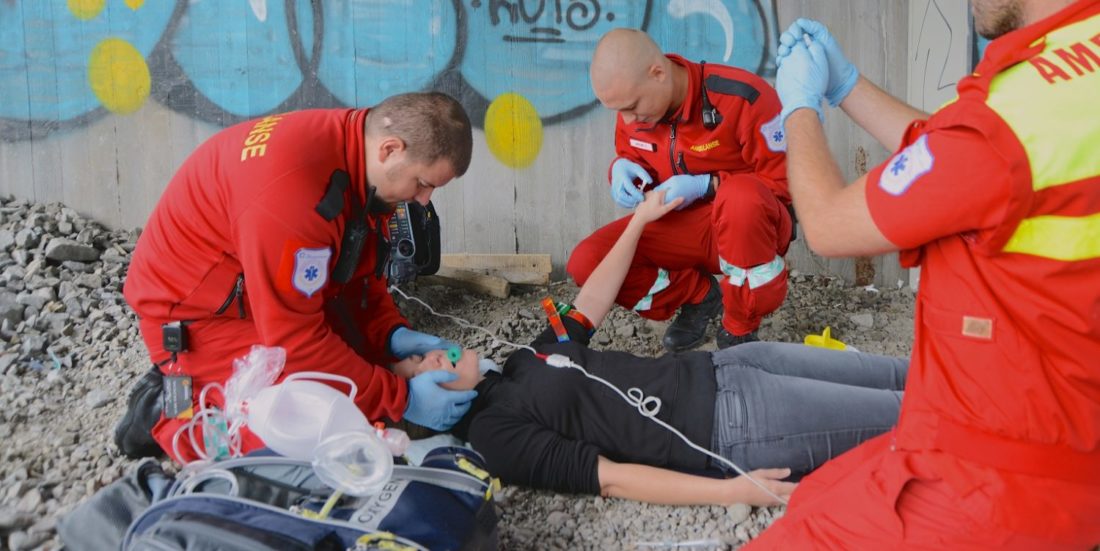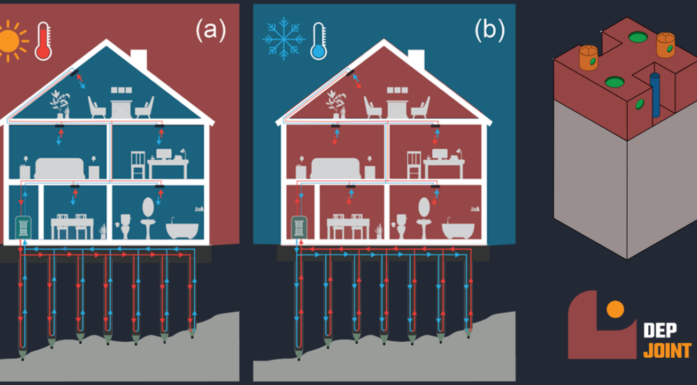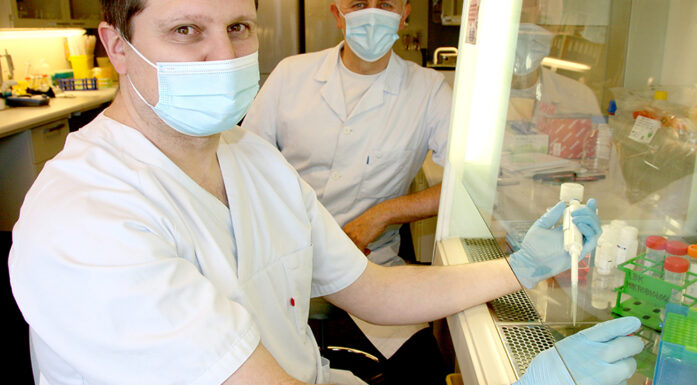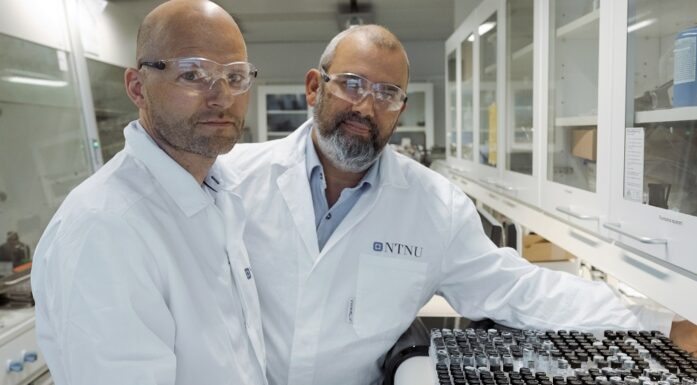Nasal spray developed at NTNU promises to save lives in twelve countries
It took ten years of hard work. Authorities in many European countries have now approved a nasal spray developed in Norway that can reverse an opioid overdose.
Last year, 8441 people in Europe died from drug overdoses. Most were men, and most were in the prime of life. They were found in an alley, under a bridge or on a friend’s sofa.
They died because they stopped breathing after injecting too much heroin or similar substances into their body. Too much heroin in the body causes the brain’s respiratory centre to shut down. Death occurs quickly if no one is available to provide breathing assistance or an overdose antidote injection.
Norway third highest in European overdoses
England and Germany had the highest number of overdose fatalities in Europe last year. But Estonia topped the gloomy statistics in terms of overdose deaths per number of inhabitants. Number two on the list was Sweden, closely followed by Norway.
In Norway, far more individuals die from drug overdoses than traffic accidents.

This graphic showing overdose deaths in Europe was prepared by the European Monitoring Centre for Drugs and Drug Addiction. Norway is represented under “Other countries.”
Naloxone is a life-saving medication that reverses the harmful effects of heroin and opioids (morphine-like substances) by restoring a person’s ability to breathe again. Until recently, the medication needed to be injected by syringe into a muscle or directly into a vein.
However, not all addicts are able to give mouth-to-mouth resuscitation to a friend. Similarly, relatives or shelter employees may not feel competent to inject the overdose antidote drug or give mouth-to-mouth to addicts.
Nasal spray can be used by anyone
For close to ten years, a research team at NTNU led by Professor Ola Dale has been working on developing a nasal spray so that naloxone can be administered by virtually anyone: police, fire-fighters, security officers, friends or others who are with addicts at risk of overdose.
After a long struggle to finance product development and testing, this spray, called VentiZolve, has been approved in twelve European countries: Norway, Sweden, Denmark, Finland, UK, Ireland, Germany, Belgium, Netherlands, France, Italy and Estonia.
The advantage of a nasal spray is that it is easy to use, and the patient can receive the antidote before emergency medical staff arrive. This can be a lifesaver in a situation where every second counts.
A number of nasal sprays that administer naloxone are already on the market in North America and were approved for use in Canada in 2015 and in the United States in 2016. An Irish company is also seeking approval in Europe for a naloxone-based nasal spray.
A fight for funding
Norway already distributes a type of nasal spray to addicts and their families today. The problem is that this medication was intended to be injected and as provided, the dosage is greater than recommended for the nose. This causes some of the spray to flow into the stomach where the medicine is not effective.
“My colleagues and I have found it to be an ethical and moral paradox that for years, a vulnerable patient group like drug addicts has been given overdose medications that haven’t been properly tested. Frankly, doctors have just been using what they’ve had in their doctor’s kit. It has been a long struggle to get funding, but now we’ve done it. This is a great day,” said Dale. He notes that a large pharmaceutical company has also just received approval for a similar spray in Europe.
The Norwegian company Farma Industri AS, through a license from NTNU, has navigated the process of successfully bringing the nasal spray to its present status in 12 countries. It will be produced in Norway.
The development of the overdose antidote VentiZolve was supported by coordinating committee at the Central Norway Regional Health Authority, NTNU, St. Olavs Hospital, Unimed Innovation, and the Lærdal Foundation. NTNU Technology Transfer AS has been responsible for all licensing.





